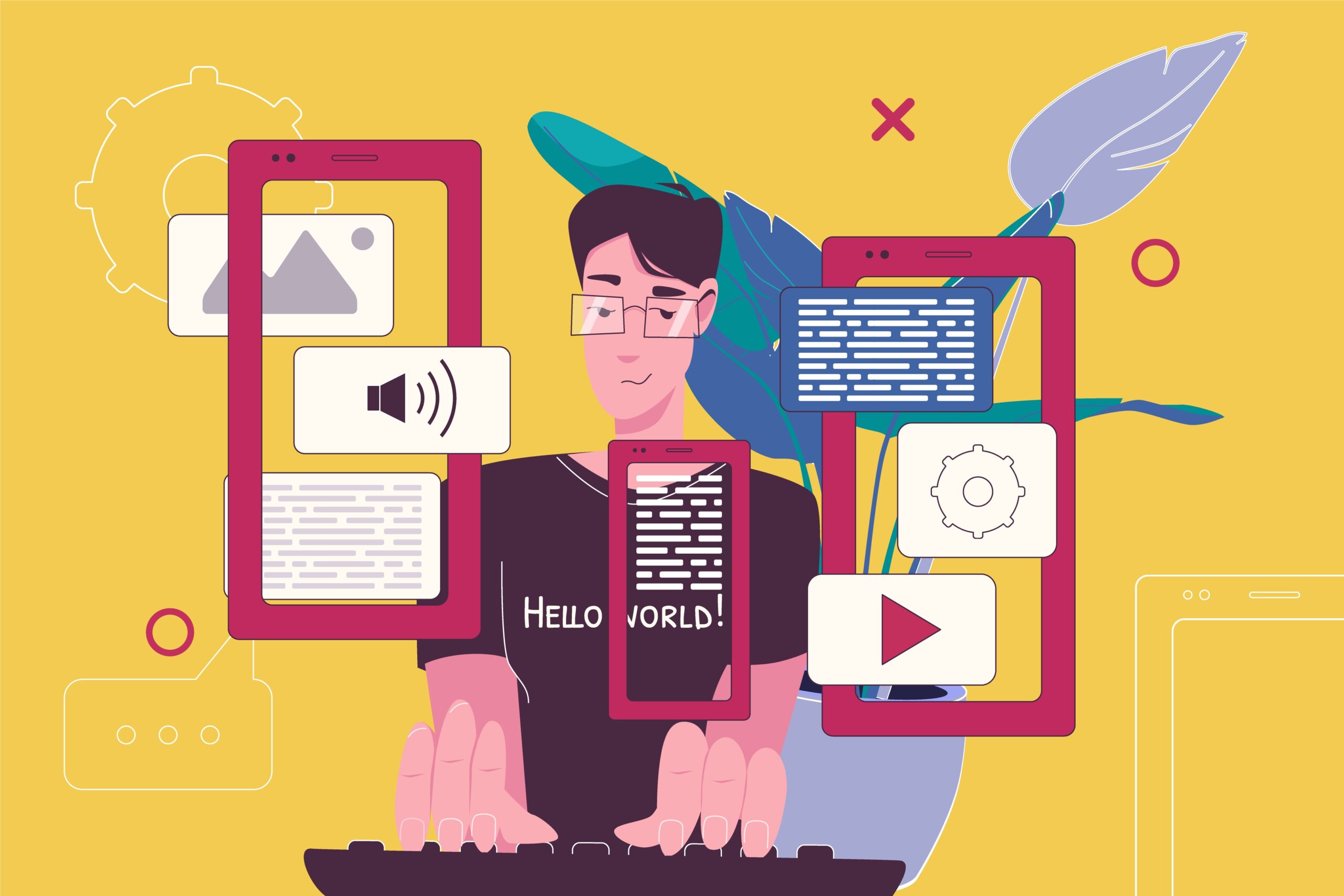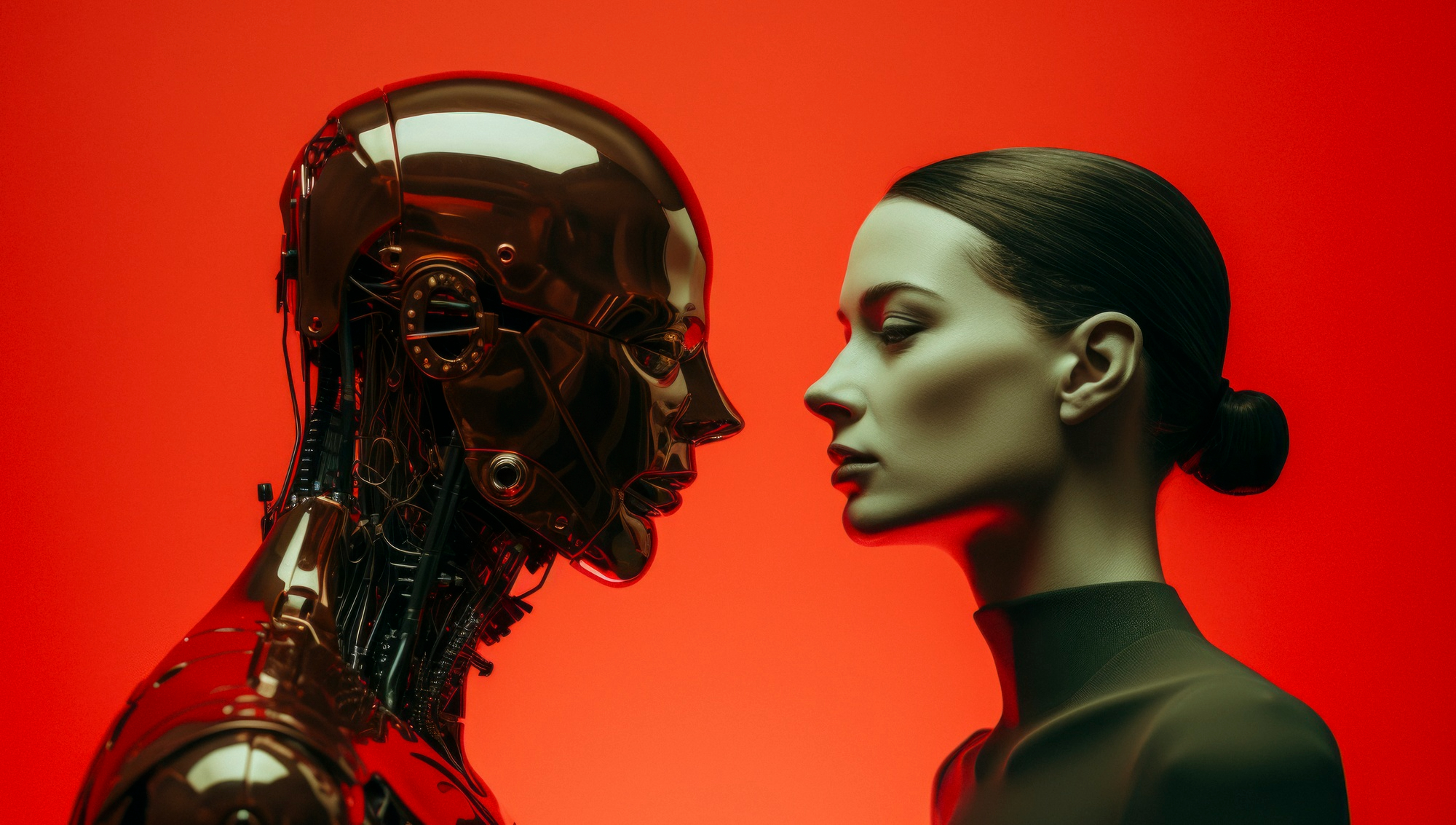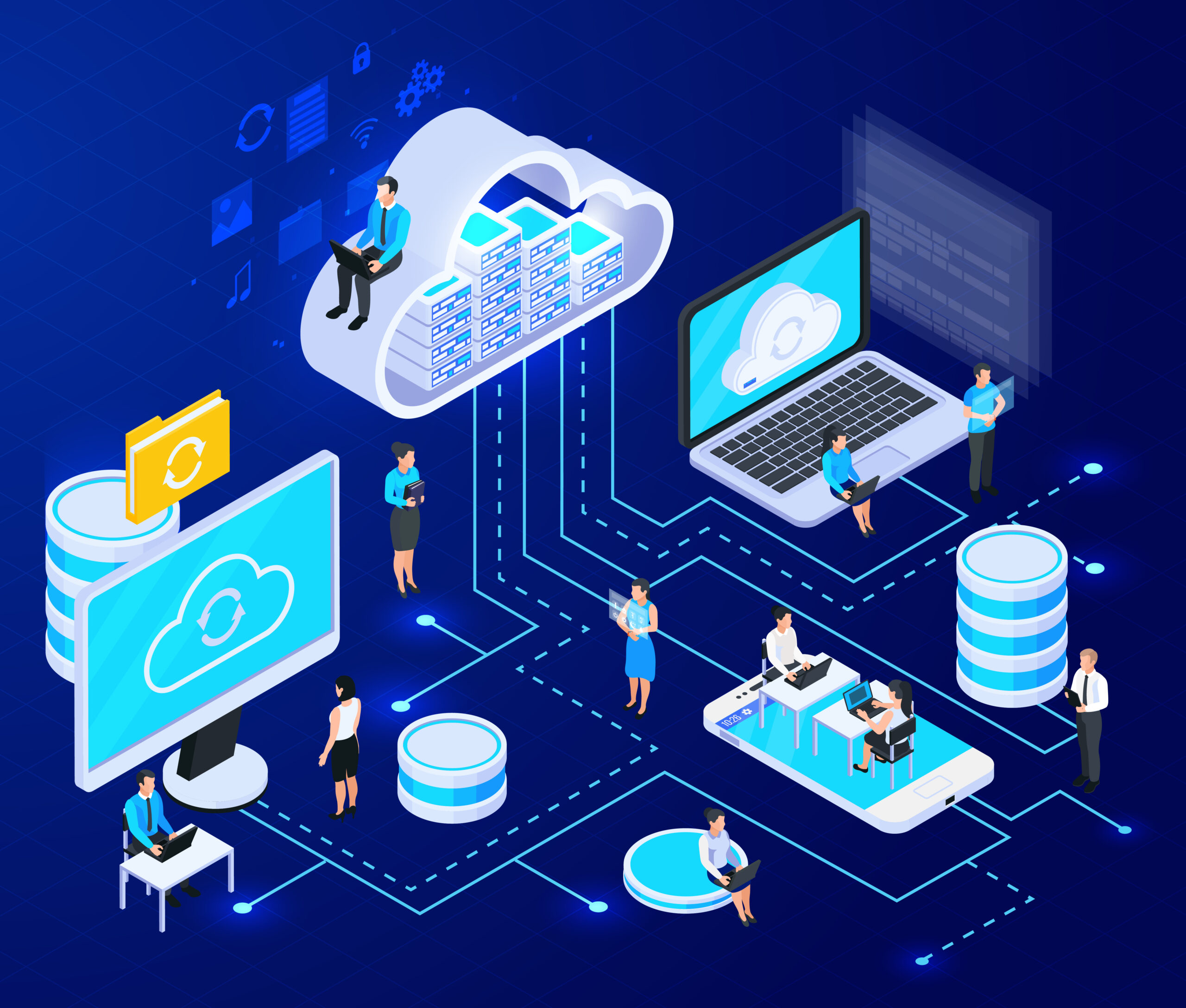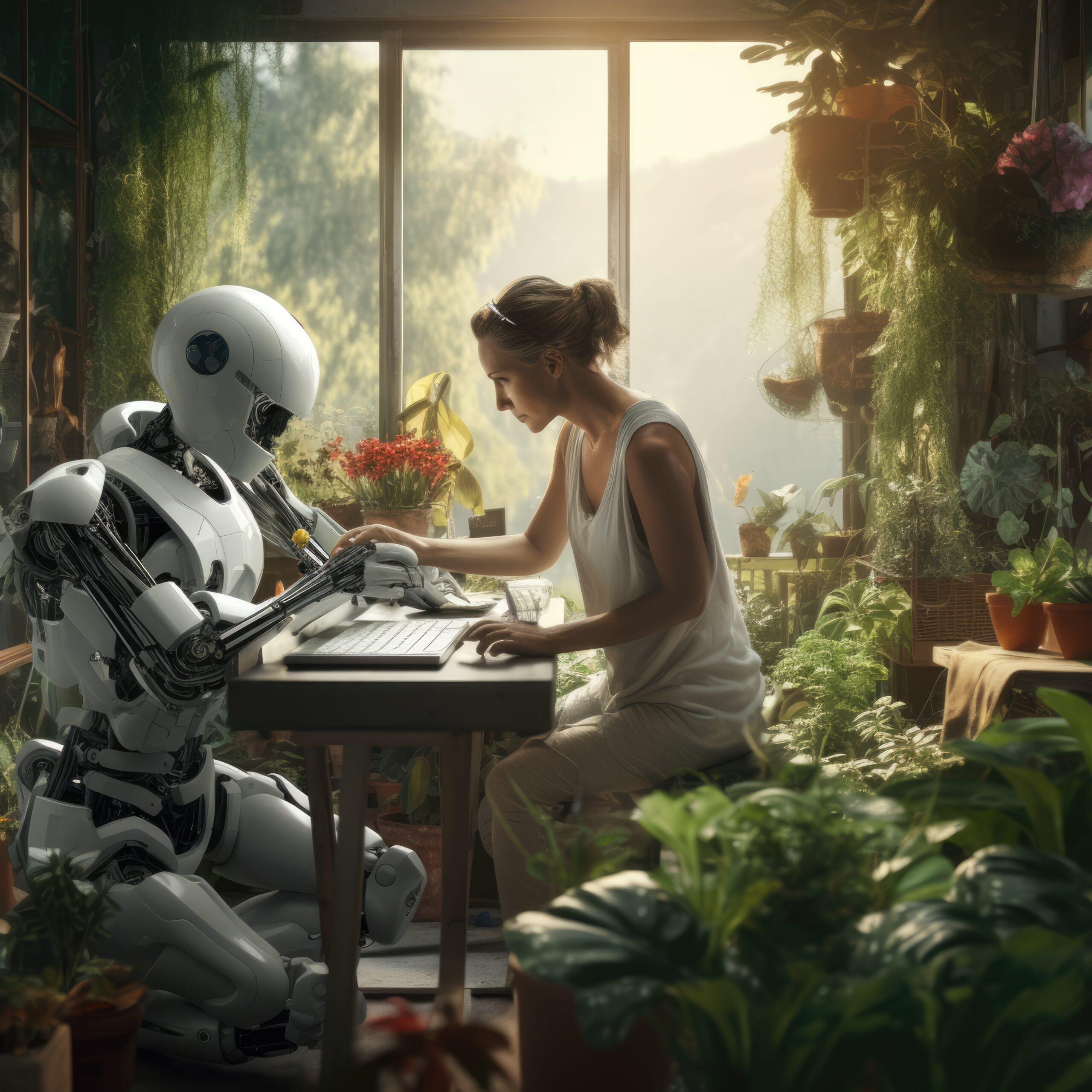
Human Vs AI: The Honest Truth About AI Replacing Humans
Let’s be honest: every time another headline screams about “AI replacing humans,” a small voice inside you whispers, Is my job next?
You’re not alone. Over 40% of professionals in the U.S. now admit they fear automation might make their roles obsolete within the next decade. (Survey: 46% of workers fear skill obsolescence within 5 years as AI reshapes the workplace, 2024) That fear isn’t irrational — it’s deeply human.
The Fear We Don’t Want to Admit
It’s a cold shock to realize a machine can master in seconds what took you years to perfect. From ChatGPT spinning words to Midjourney conjuring art and robo-advisors managing money, AI is everywhere—and it keeps getting sharper.
But here’s the unspoken truth: our fear runs deeper than lost paychecks.
It’s about losing identity, that deep sense of purpose that comes from knowing you matter.
We’ve woven our self-worth into our work, so when AI threatens that, it cuts deep. It’s like watching a tireless stranger slip into your shoes—one who never sleeps, never asks for pay, and never craves praise.
AI is Already Here
From automated checkouts to AI-powered content creation, the world has undergone a quiet shift under our feet. Jobs that were once “safe” — analysts, designers, even teachers — now have digital counterparts working faster, cheaper, and in some cases, smarter.
According to McKinsey, AI could add $1 trillion in value to the global banking sector alone by 2030. Impressive for the economy; intimidating for the humans doing the work.
And yet, this isn’t the first time humans have faced an existential crisis in the workplace. The Industrial Revolution replaced craftsmen. The Internet changed retail forever. We survived those — and we’ll survive this too.
What We’re Really Up Against
AI isn’t malicious. It doesn’t want your job. It simply highlights inefficiencies in our work processes.
What we’re truly fighting isn’t technology — it’s irrelevance.
The real danger isn’t losing your job to AI. It’s not learning how to work with it.
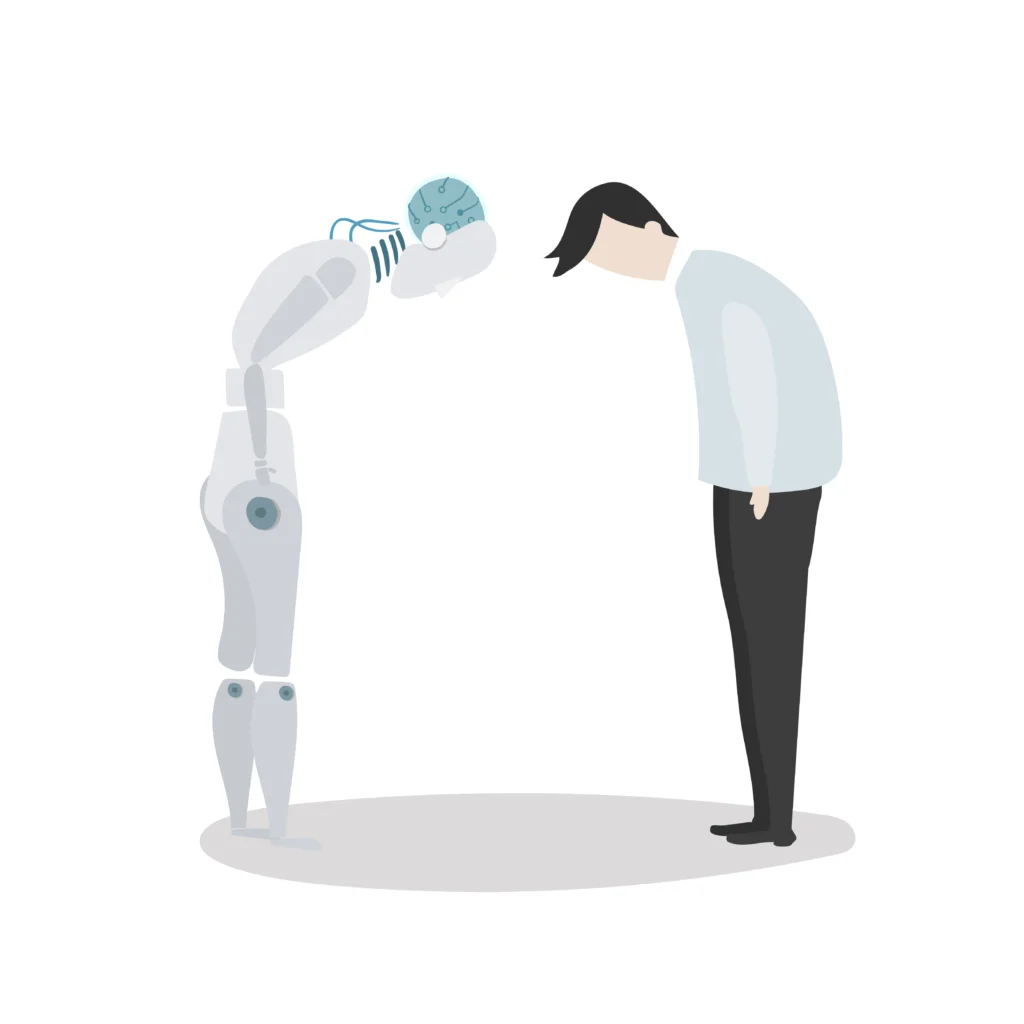
Those who thrive in the AI era won’t necessarily be the most technical — they’ll be the most adaptable. The ones who ask better questions, provide context, make ethical decisions, and bring empathy into problem-solving.
In short, the ones who stay human.
AI is just replacing human inefficiencies
Here’s a reframing worth holding onto — AI isn’t replacing humans; it’s replacing human inefficiency.
Think of AI as an insanely capable intern who never sleeps. It can handle the grunt work, the repetitive tasks, the endless spreadsheets — freeing you up for creative thinking, strategy, and innovation.
Writers can become editors.
Designers can become creative directors.
Accountants can become financial strategists.
The winners of the AI age will be those who evolve their roles, not those who cling to them.
Keep Evolving
Every major technological leap has followed the same emotional cycle: fear → resistance → integration → progress.
We’re somewhere between fear and integration right now.
Instead of asking, “Will AI replace me?”
Start asking, “What part of my job can I make smarter with AI?”
When you use technology to enhance your creativity, empathy, and judgment — the very things AI can’t replicate — you stop being replaceable.
The Bottom Line
The bots are coming — but they’re not here to erase us.
They’re here to push us into what we were meant to be: thinkers, creators, and collaborators.
So yes, the fear is valid. But maybe it’s also the wake-up call we needed — to grow, adapt, and remind ourselves that being human has always been our greatest competitive edge.

